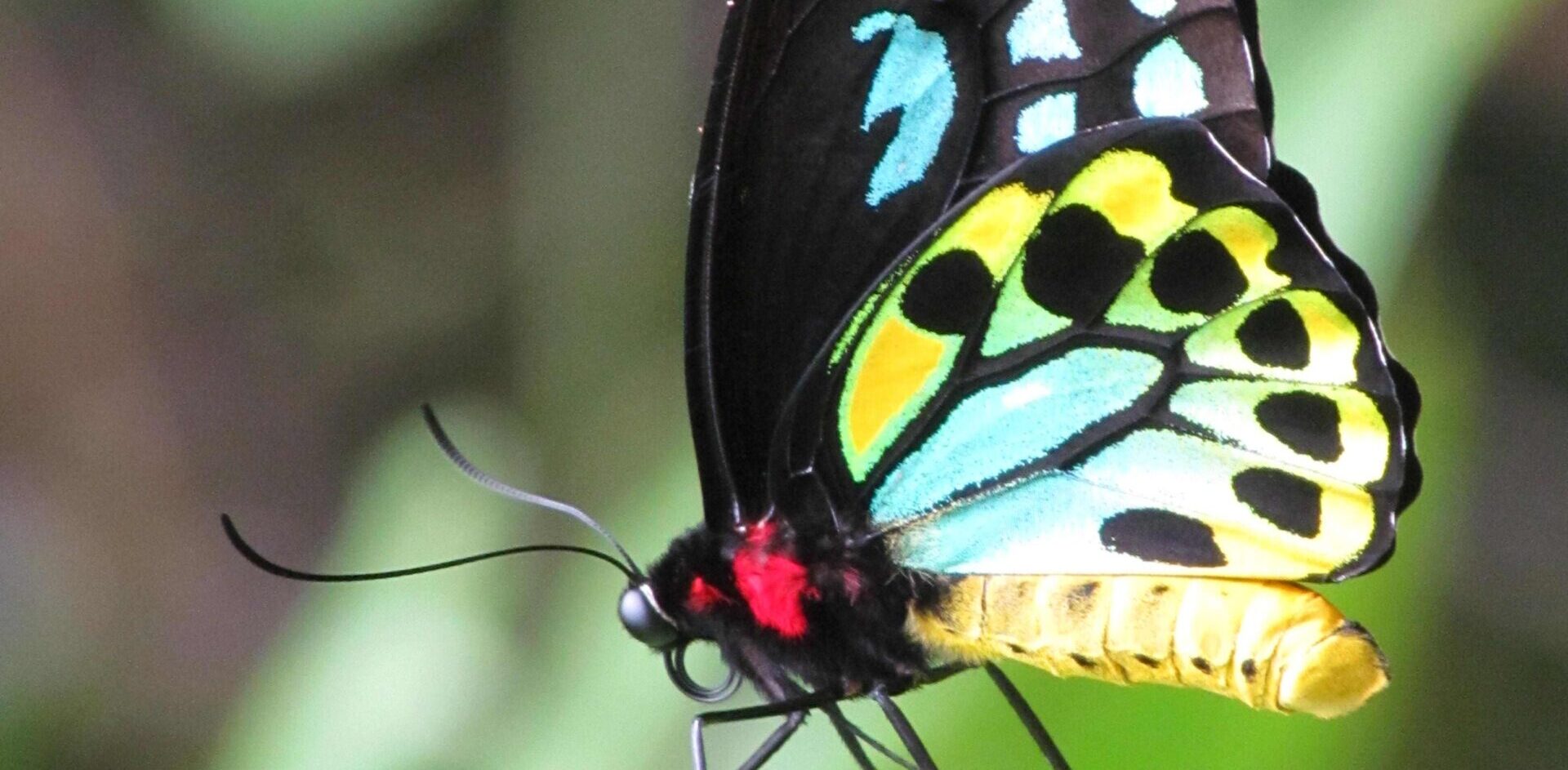The Newsletter of Humane World for Animals' Wildlife Land Trust • Issue 30 • 2025 Read More
Humane Society International (HSI) has warned the Australian Government it would be short-sighted to downgrade protection for humpback whales. This follows a discussion paper from the federal Department of Agriculture, Water and Environment proposing that the whale is de-listed from being a threatened species under the Environmental Protection and Biodiversity Conservation Act 1999 (Cth).
In a submission to the Department, HSI cited serious climate change impacts as a major threat to sustainable humpback whale population recovery.
Nicola Beynon, Head of Campaigns for HSI Australia, said: “While we celebrate the recovery of Australia’s humpback whale populations thanks to the end of commercial whaling, we are concerned celebrations will be short-lived given the magnitude of the threat that is climate change. Humpback whales are long-lived, slow-breeding animals that live in cooperative groups, making them particularly vulnerable to depletion and slow to recover.”
Scientists have noted that earlier research predicting that baleen whale populations depleted by historical whaling would continue to recover did not consider the impact of anthropogenic climate change on food availability in the Southern Ocean. Instead, modelling of future whale population changes under a scenario using our current greenhouse emissions trajectory predicts that although humpback whales may initially make a full recovery, a steep decline follows[1].
In its submission, HSI also expressed concerns regarding the impacts of expanded krill fisheries in the Southern Oceans working in conjunction with climate change to create major knock-on effects for the animals dependent on this ecosystem.
“With all these threats and their magnitude considered, the Department’s proposal to de-list the humpback seems unnecessarily hasty and we cannot see any urgent need to proceed in this way. It would be short-sighted to down-list humpback whales in the face of the deepening threats,” concluded Ms Beynon.
HSI hopes that when the Department reviews the latest scientific predictions that the proposal will be withdrawn.
Nicola Beynon has regularly attended meetings of the International Whaling Commission for the past two decades.
References
[1] Tulloch, V.J.D., Plagányi, É.E., Brown, C., Richardson, A.J. and Matear, R. (2019) Future recovery of baleen whales is imperilled by climate change. Glob Change Biol 25, 1263– 1281. https://doi.org/10.1111/gcb.14573


